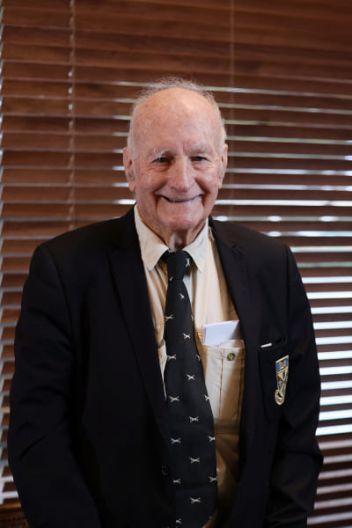Now in its 28th year, the Taiwan-based Women Make Waves International Film Festival—Asia’s first all-female international film festival—has been introducing films by Taiwanese and foreign women since its inception in 1993. By exploring topics such as gender diversity, the festival gives audiences a chance to view the world through women’s eyes.





















